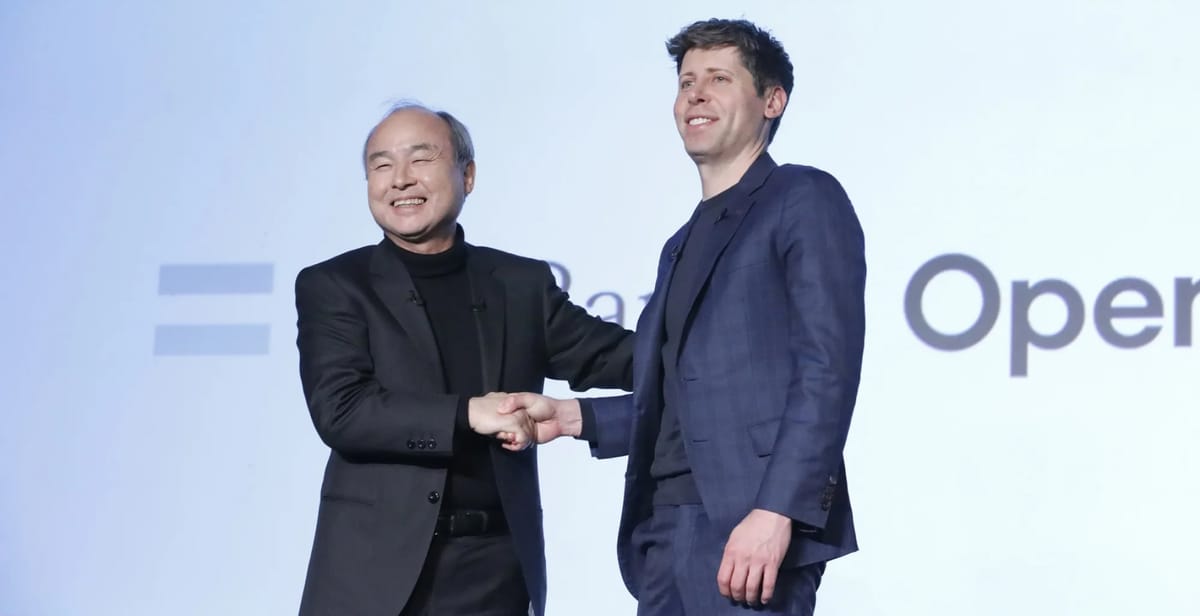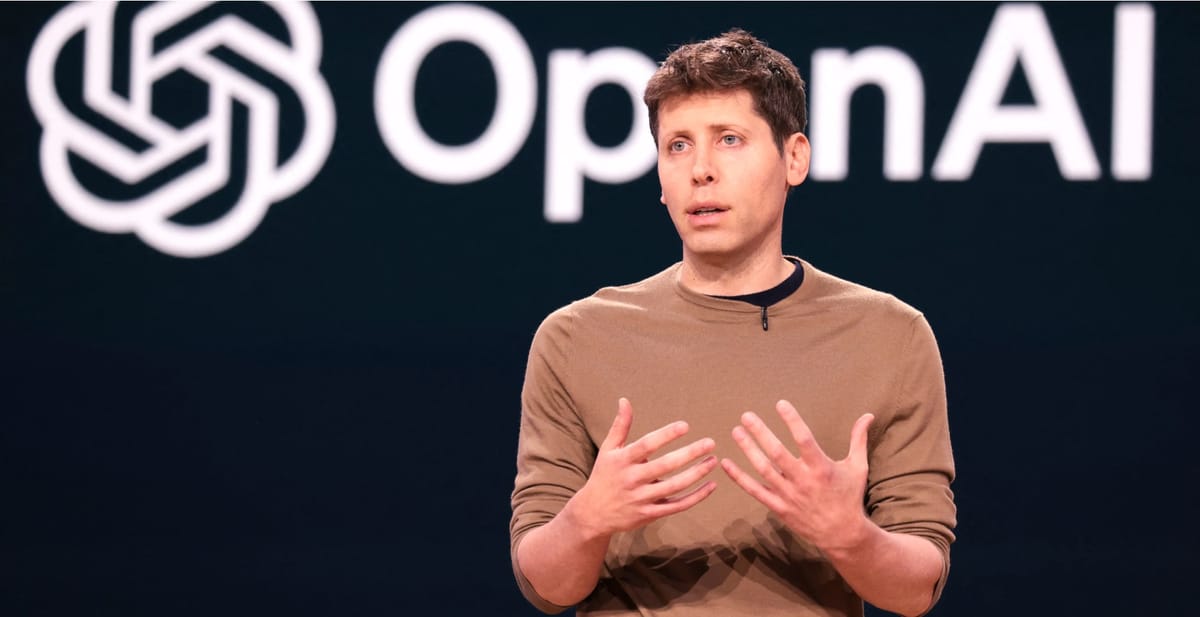OpenAI Chair Bret Taylor announced Monday that the AI powerhouse is scrapping plans to move ChatGPT's development out from under its nonprofit board's control, marking a dramatic reversal in what had been a months-long effort to restructure one of tech's most valuable companies.
Key Points:
- OpenAI will not convert to a for-profit company, keeping its nonprofit board in control
- Decision came after talks with Delaware and California state attorneys general
- Some investors may be able to reclaim $6.6 billion or earn 9% interest if unhappy with the move
The decision follows "constructive dialogue" with attorneys general from Delaware and California — the states that oversee nonprofits like OpenAI — and represents a major victory for those who feared the company was drifting from its founding mission to develop AGI that benefits humanity rather than shareholders.
"OpenAI was founded as a nonprofit, and is today overseen and controlled by that nonprofit. Going forward, it will continue to be overseen and controlled by that nonprofit," Taylor said in a statement posted to OpenAI's website.
Instead of shedding its nonprofit shell, the company will transition its for-profit arm into a Public Benefit Corporation (PBC), a corporate structure that legally requires consideration of both shareholder interests and the organization's stated mission. This structure has become something of a standard for purpose-driven AI labs, with competitors like Anthropic and Elon Musk's xAI using similar arrangements.
The announcement puts to rest months of speculation about OpenAI's future that began after the brief but chaotic ouster and return of CEO Sam Altman in November 2023. That boardroom drama exposed deep tensions between the company's nonprofit mission and the Silicon Valley growth machine it had become, eventually leading to a wholesale board shake-up and plans to convert fully to a for-profit entity.
Those conversion plans gained momentum throughout 2024, with reports emerging in September that OpenAI was working to restructure into a traditional corporation that could eventually go public. This would have aligned with the expectations of investors — including Microsoft, which has poured billions into the company — but it also drew significant criticism.
Among the most vocal critics was Elon Musk, who helped found OpenAI as a nonprofit in 2015 but later departed. Musk filed multiple lawsuits against the company throughout 2024, arguing that OpenAI had betrayed its original mission by prioritizing profits. In February 2025, a consortium led by Musk even made a $97.4 billion bid to acquire the nonprofit, which was promptly rejected.

The abrupt about-face announced this week raises questions about what happens to OpenAI's most recent funding round. Some investors, including Thrive Capital and SoftBank, provided OpenAI with $6.6 billion on the condition that it would convert to a for-profit structure that could eventually go public. According to OpenAI's statement, these investors will either have the right to reclaim their capital or receive a 9% interest rate on their investment if the conversion doesn't occur within two years — potentially costing the company more than $600 million.
In an internal letter to employees shared alongside Taylor's announcement, Altman emphasized that OpenAI "is not a normal company and never will be."
"We now see a way for AGI to directly empower everyone as the most capable tool in human history," Altman wrote. "If we can do this, we believe people will build incredible things for each other and continue to drive society and quality of life forward."
The restructuring will still bring changes to how OpenAI operates. The for-profit LLC will become a Public Benefit Corporation with the same mission as the nonprofit, but with a more conventional capital structure that gives employees and investors equity. Meanwhile, the nonprofit will become a large shareholder in the PBC, giving it what Altman describes as "better resources to support many benefits."
For a company that has raised over $13 billion and achieved a reported valuation approaching $300 billion, the decision to maintain nonprofit control is virtually unprecedented in Silicon Valley. It suggests that despite all the money at stake, OpenAI's leadership still believes its original mission — to ensure artificial general intelligence benefits all of humanity — requires governance that isn't solely focused on shareholder returns.
What remains unclear is whether this arrangement will prove sustainable as OpenAI continues to grow. The company's journey from a small nonprofit research lab to an AI giant with products used by hundreds of millions has already strained its unusual corporate structure once. Now, as it races to develop even more advanced AI systems against well-funded competitors, the true test of its revised approach is just beginning.


